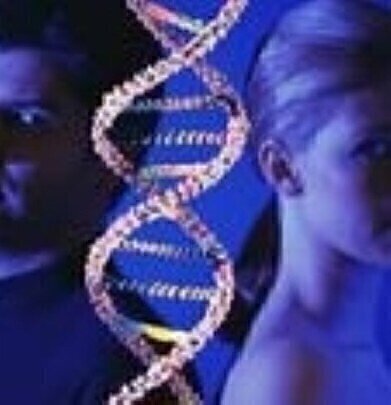-
 Pre-pregnancy diet 'permanently influences baby's DNA'
Pre-pregnancy diet 'permanently influences baby's DNA'
Bioanalytical
Pre-pregnancy diet 'permanently influences baby's DNA'
May 01 2014
Research has suggested that a mother's diet at the time she conceives a child can permanently influence the DNA of her baby.
Animal experiments have shown that diet at the time of conception and later pregnancy can switch genes on or off. However, this is the first experiment to include human participants.
The researchers followed a group of women in rural Gambia, where seasonal climates changes can heavily influence their diet due to the produce available. The scientists say the findings highlight the importance of having a well-balanced diet before conception and throughout the pregnancy.
Some 84 pregnant women, who conceived at the peak of the rainy season, were monitored along with a similar number of females who became pregnant during the dry season. The group took blood samples to record nutrient levels and the DNA was analysed two to eight months after the babies were born.
Dr Branwen Hennig, senior author of the study from the London School of Hygiene & Tropical Medicine, said it was the first piece of research that suggested a woman's diet can influence the genes of her child.
She said: "Our results represent the first demonstration in humans that a mother's nutritional well-being at the time of conception can change how her child's genes will be interpreted, with a lifelong impact."
The researchers found that in all six genes, the babies that were conceived during the rainy season had consistently higher rates of "methylation" in their DNA, a change that adds methyl groups to the DNA strand. This is commonly referred to as epigenetic modification, which can silence the expression of a gene.
Methylation generally depends on nutrients such as folate, choline, methionine, and vitamins B2 and B6, according to the team of scientists, methylation in the infants' genes was linked to various nutrient levels in the mother's blood in the study.
The findings, published in Nature Communications, will be used to try and compile an optimal diet for mothers-to-be that would "prevent defects in the methylation process", according to study author Andrew Prentice of the London School of Hygiene & Tropical Medicine.
Digital Edition
Chromatography Today - Buyers' Guide 2022
October 2023
In This Edition Modern & Practical Applications - Accelerating ADC Development with Mass Spectrometry - Implementing High-Resolution Ion Mobility into Peptide Mapping Workflows Chromatogr...
View all digital editions
Events
Jan 20 2025 Amsterdam, Netherlands
Feb 03 2025 Dubai, UAE
Feb 05 2025 Guangzhou, China
Mar 01 2025 Boston, MA, USA
Mar 04 2025 Berlin, Germany













